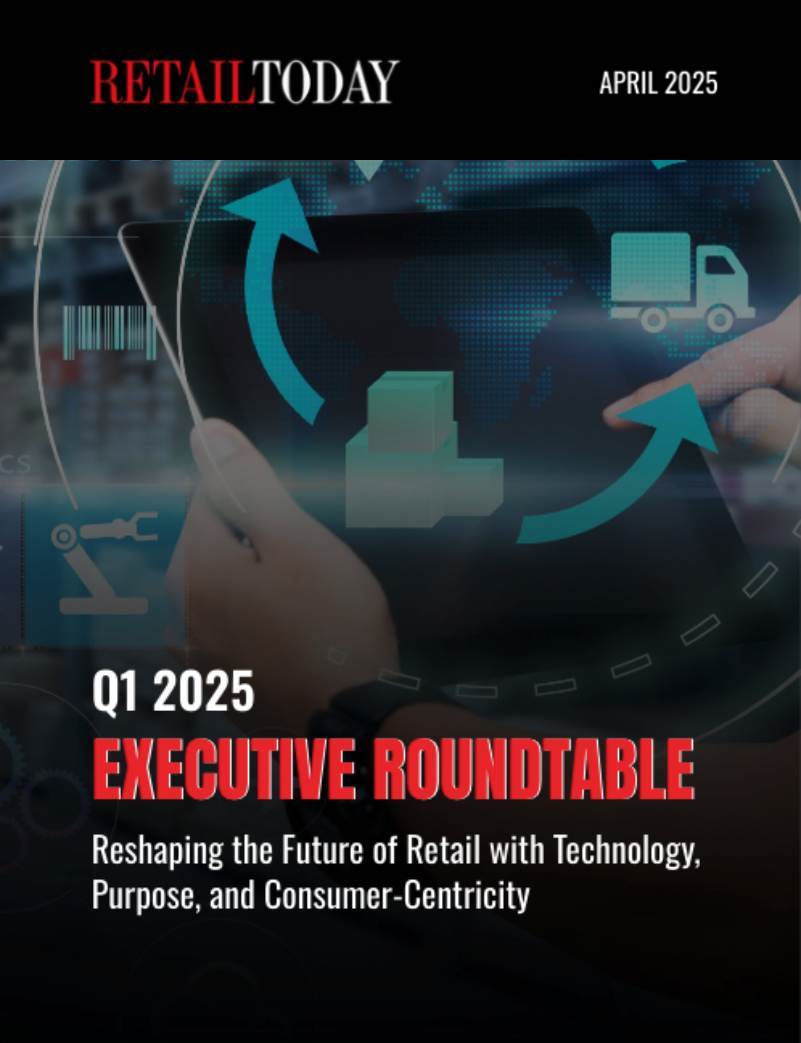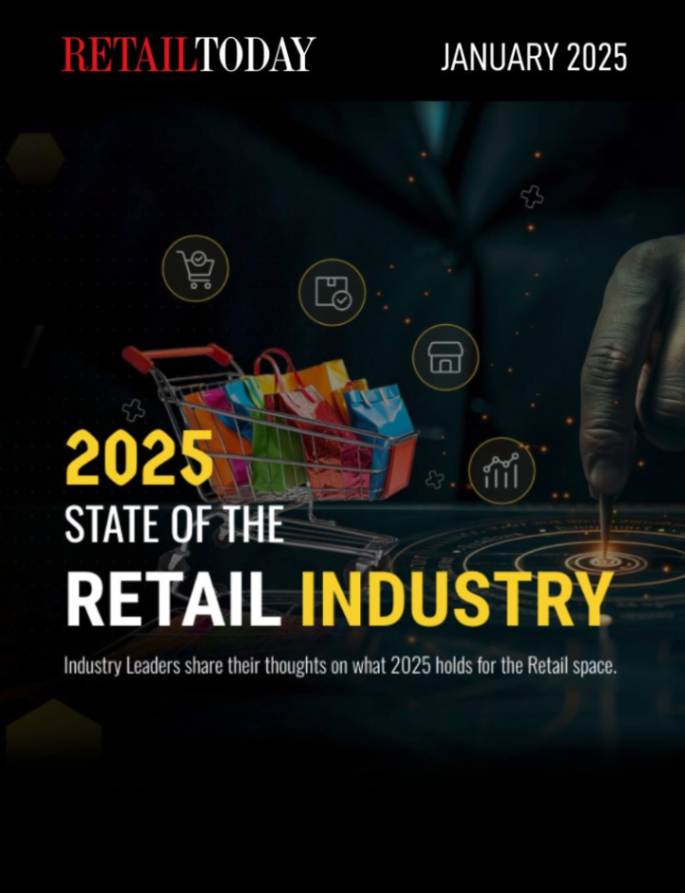
The way our brains work when faced with complexity is by categorization. Categorization is the brain’s tool to organize nearly everything we encounter in our daily lives. Grouping information into categories simplifies our complex world and helps us to react quickly and effectively to new experiences. Retail is a complex reality indeed – therefore, it’s highly tentative to try to simplify things when talking about trends and future. But the fact is, that there won’t be a single future for retail but a myriad of multiple futures coexisting in a retail of contrasts.
AI explosion seems undeniable. Its effect on operational efficiency, team productivity and process speed are really making the difference to retailers’ P&L, but at the same time, multiple retailers are returning to retail fundamentals, leveraging the re-gained top position of physical stores and store staff presence and proximity. Amazon’s announcement of the closure of nine Amazon GO stores, which we praised a few years ago as the store of future, may be evidence that automation and convivence are great values but cannot replace the whole essence of retail.
Reports on retail IT investments for the coming years identify self-check-out technologies as one of the core topics for retail IT budgets. At the same time, retailers in certain countries in Europe, wisely aware of the aging population and the statistic that “going shopping” is for some segments the only social activity in their agenda, are setting up “slow” queues when it’s OK – and even welcome – to stop and talk with the cashier.
Sustainability appears as the value to defend, and messages and actions round transparency, environmental friendliness, responsible suppliers, respectful ingredients, etc., are spreading through virtually every retail organization. At the same time, the fight to win the digital shelve and gain positions in the digital playground where competition is global, extreme and sometimes unfair, has “moved” retailers to extend the perception of convenience, service and speed, filling our cities and homes of deliveries, packages and unnecessary returns.
The metaverse appears as the new space for freedom, co-creation and individual self-expression. “Outside,” however, there is a scenario of increased regulations and controls on customer data protection, product ingredients and origins, packaging components, ESG profile of suppliers, sustainability metrics, etc., in the name of public and customer benefit, which retailers must comply with in all markets.
Generational marketing is about dealing with the specificities of each of the six customer generations that retailers serve in most of the markets (from the silent generation to generation alpha, also covering the boomers, gen X, millennials and gen Z), providing them with specific messages, offers or proposals to maintain their natural disloyal loyalty, but at the same time the brought-by-pandemic need for resiliency and agility advocates for simplified and optimized processes, rationalization of assortment and clear and concise value proposition.
The future of retail? It’s difficult to paint a single picture. The future of retail is about choosing the right options in terms of technology, talent, processes and values to compete in a more aggressive ecosystem than ever – but where authenticity is more rewarded than ever. Size and scale may put retailers in a slightly better position to compete, but agility and commitment are also essential as continuous transformation is expected. And between the elephant and the mouse, all possible options to recreate a reality that goes beyond a single category, even if that is how our brains work.
Miriam Molino is Stibo Systems‘ Head of Global Retail Practice. Miriam brings deep expertise in retail after more than 25 years in the industry; as a consultant serving retail Corporations in multiple strategic and operational initiatives, and as well as part of the industry as she has worked for one of the biggest retail companies in Spain going through a massive digital transformation. At Stibo Systems, Miriam is reinforcing the company focus and value orientation towards retail clients.






